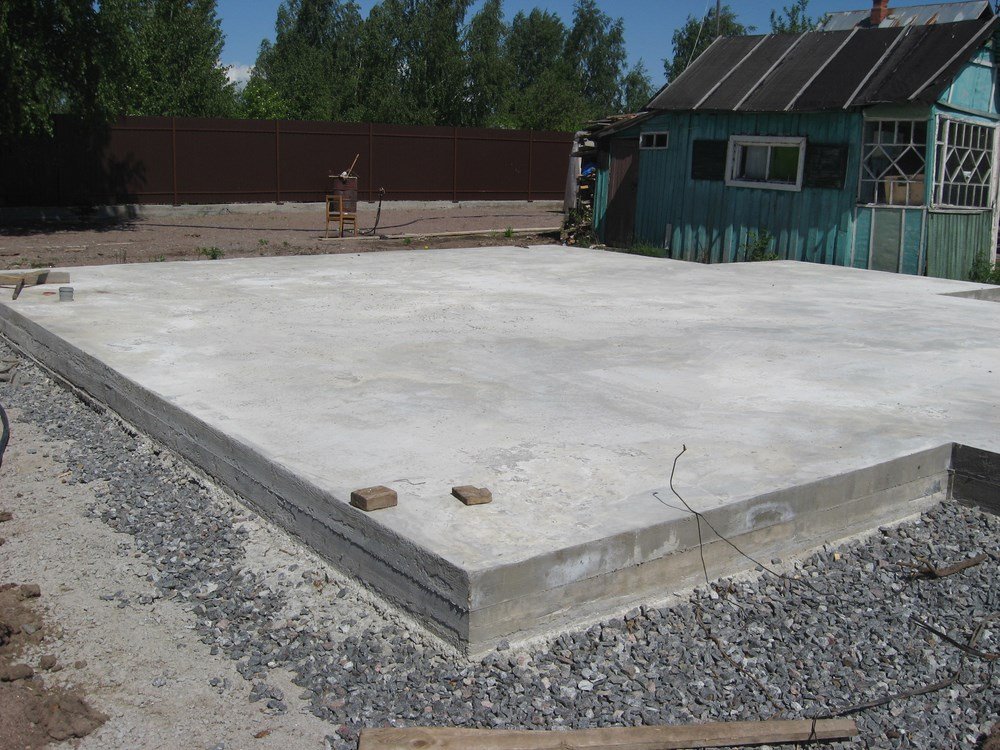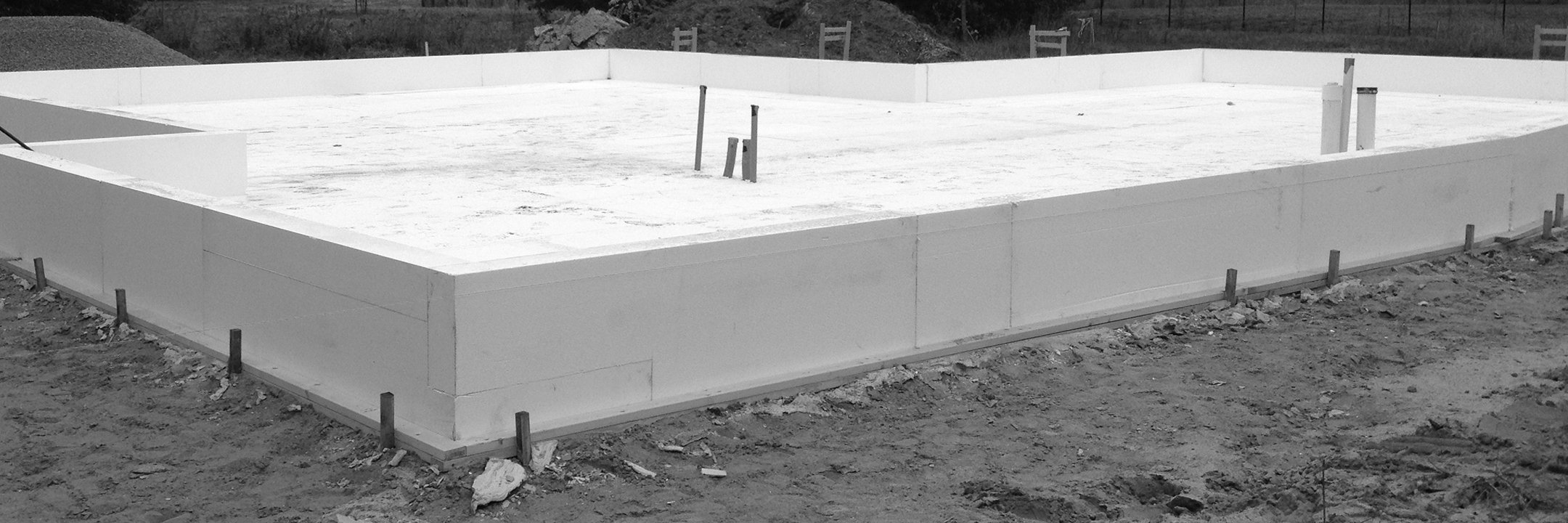All Types of Residential Foundations, Cost, and Potential Complications
Introduction:
When it comes to residential construction, the foundation is undeniably the most critical element. A solid foundation ensures the structural integrity and longevity of a building. However, building a strong foundation involves careful planning, skilled labor, and considerable costs. In this blog, we will delve into the various factors that affect residential construction foundation work costs, as well as explore the potential complications that can arise during the process.
Understanding Foundation Work Costs:
The cost of foundation work can vary significantly depending on several key factors. Let's take a closer look at each of these factors:
Foundation Type:
The type of foundation you choose for your residential construction project plays a crucial role in determining the overall cost. Common types include slab-on-grade, crawl space, and full basement foundations. Slab-on-grade foundations are typically the most cost-effective, while full basement foundations tend to be the most expensive due to the additional excavation and construction involved.
Slab on grade
Slab on grade foundation.
Crawl space foundation
Crawl space foundation
Full basement foundation
Full basement foundation.
Foundation Size:
The size of the foundation directly affects the cost. Larger foundations require more materials and labor, increasing the overall expense. Factors such as the square footage, number of floors, and architectural complexity of the building all influence the size of the foundation.
Soil Conditions:
The condition of the soil at the construction site is a significant factor in determining foundation costs. If the soil has poor load-bearing capacity or is prone to shifting, additional measures may be required to ensure stability. Soil tests and engineering analysis are essential to assess the soil conditions accurately and determine the necessary foundation design and reinforcement, which can impact the overall cost.
Excavation and Site Preparation:
Excavation and site preparation are critical steps in foundation work. The cost of excavation depends on the depth, soil type, accessibility, and any potential obstructions present. Rocky or heavily compacted soil can increase excavation costs, while clearing trees or removing existing structures can add to the overall expenses.
Material Selection:
The choice of construction materials significantly affects the cost of the foundation. Common materials used for residential foundations include concrete, reinforced steel, and masonry blocks. Opting for higher-quality materials and additional reinforcements, such as rebar or waterproofing membranes, will increase the upfront costs but may provide long-term benefits.
Potential Complications:
During foundation work, several complications can arise that may increase costs and delay the construction timeline. It is essential to be aware of these potential challenges and plan accordingly:
Unforeseen Site Conditions:
Underground water
Sometimes, construction crews encounter unexpected site conditions, such as underground water, unstable soil, or old infrastructure. These unforeseen conditions may require additional work, such as drainage systems, soil stabilization, or utility relocations, all of which can increase costs and extend the project timeline.
Foundation Cracks or Settlement:
Cracks or settlement in the foundation can occur due to poor soil compaction, inadequate reinforcement, or natural ground movement. Detecting and addressing these issues early on is crucial to prevent further damage and ensure the structural integrity of the building. Repairing foundation cracks or addressing settlement problems can be a costly and time-consuming process.
Permitting and Regulatory Challenges:
Obtaining the necessary permits and meeting building code requirements can be a complex and time-consuming process. Delays or complications in securing permits can lead to project interruptions and increased costs. It is crucial to engage with local authorities and ensure compliance with all applicable regulations to avoid potential setbacks.
Weather Conditions:
Inclement weather, such as heavy rain, extreme temperatures, or frost, can impact foundation work. Construction may need to be halted during adverse weather conditions, leading to delays and additional expenses. It is essential to consider the local climate and plan construction activities accordingly.
Conclusion:
Residential construction foundation work is a critical component




